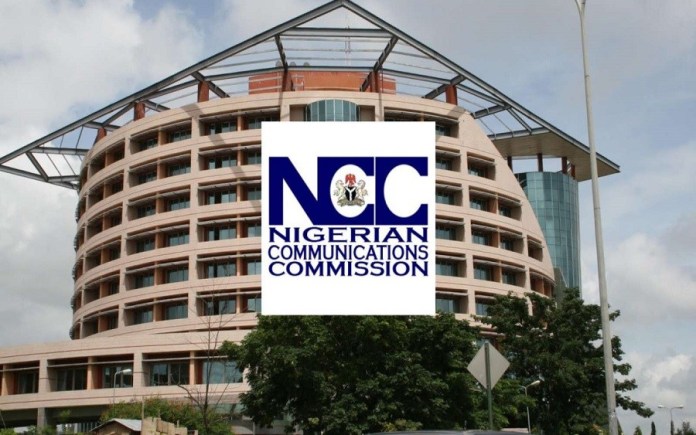The Federal Government is considering taking actions that will increase the current competition among telecom service providers like MTN and Globacom in the country.


Although a formal enquiry hasn’t been launched, Babatunde Irukera, executive vice chairman of the Federal Competition & Consumer Protection Commission, disclosed in an interview that actions might be taken to influence the industry as they are looking to increase data capability and data infrastructure.
“We are slicing it a little slimmer than who has the most subscribers. We are looking more at data capability and data infrastructure. Early indications show that, depending on how it ends, we may have to take certain actions.”
Babatunde Irukera, executive vice chairman of the Federal Competition & Consumer Protection Commission
Irukera added that the ongoing World Bank-led study about spectrum democratisation in West Africa was one the bases for their concerns and that before any decision is taken the Nigerian Communications Commission (NCC) will be consulted.
In 2018, both Airtel Africa Plc and 9Mobile claimed that the transfer of 800 MHz from Visafone to MTN could lead to a monopoly in the industry.


Despite these concerns, MTN was awarded additional broadband spectrum earlier this year. An action that drew more outcries from rival telcos who claimed it was undermining the competition.
To rebuild competition between the current players in the industry, one of the probable actions the government has chosen to adopt is provide more spectrum licences.
Although, at the moment, it would seem that developing telecom infrastructure and data capability across Nigeria should be one of our government’s major goal, a considerable amount of funds can be raised from selling spectrum licenses. So, this could be a timely intervention.


According to NCC, the spectrum licence fee for 5.0 GHz spectrum in Lagos alone is about N54 billion for a duration of ten years. The pricing varies depending on bandwidth and from state to state with Lagos being the highest.
However, challenges like inadequate power supply, lack of infrastructure, restrictive trade policies and an inconsistent regulatory environment affecting the country’s economy could serve as a strong deterrent for investors.
Still, the continued growth Andy capacity for profit that the industry has to offer may still prove enticing enough for investors to pay for spectrum licenses.






